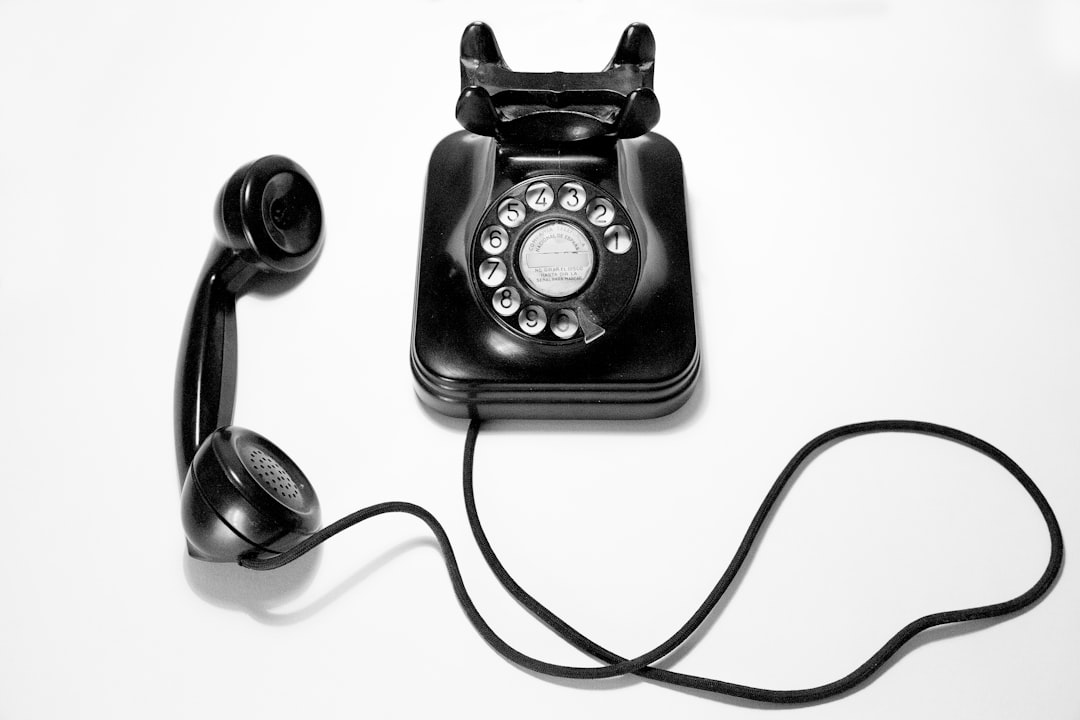New Hampshire's Do Not Call Registry, administered by the Public Utilities Commission, empowers residents to block unwanted telemarketing calls by registering their numbers. Despite common myths, it doesn't eliminate all sales calls but restricts commercial solicitors. Local do-not-call law firms guide residents on maximizing these protections, while the state attorney general's office enforces the law and takes action against violators.
“New Hampshire residents often wonder about the intricacies of the Do Not Call Registry, especially with persistent myths circulating. This comprehensive guide aims to clarify the do’s and don’ts for NH locals. We’ll explore how the registry functions within the state’s legal framework, debunk common misconceptions, and empower residents with their rights. Additionally, we’ll delve into the consequences for violators of this crucial law, ensuring that New Hampshire’s ‘Do Not Call’ laws are effectively understood by all.”
Understanding the Do Not Call Registry: How It Works in New Hampshire

The Do Not Call Registry in New Hampshire is a powerful tool designed to protect residents from unwanted telemarketing calls. It’s a free service that allows individuals to opt-out of receiving marketing phone calls, ensuring a quieter, more peaceful home environment. Once you register your number with the New Hampshire Public Utilities Commission, it becomes illegal for any telemarketer to call you without prior consent. This means no more persistent sales calls during dinnertime or early mornings, disrupting your daily routine.
New Hampshire residents can easily sign up by phone, online, or through mail. The process is straightforward and confidential, safeguarding your personal information from being used for marketing purposes. Remember, registering doesn’t block all calls; it merely prevents automated or unsolicited telemarketing messages. Local do-not-call law firms in New Hampshire can provide guidance on the registry’s intricacies, ensuring residents make the most of this consumer protection measure.
Common Myths Debunked: Separating Fact from Fiction

Many residents in New Hampshire encounter misconceptions about the Do Not Call Registry, often driven by misinformation from do not call law firm New Hampshire or other sources. Let’s dispel some common myths:
One prevalent myth is that registering your phone number automatically blocks all telemarketing calls. The truth is, while the registry restricts calls from commercial solicitors, it doesn’t guarantee complete protection. Calls from charities, political organizations, or if you’ve given explicit consent, are still permitted. Another misconception is that registering encourages more calls—in reality, it’s a tool to give you control over unwanted calls, not an incentive for more of them. Remember, simply registering your number is the first step; staying informed about your rights under New Hampshire’s do-not-call laws will empower you further.
Rights and Protections for New Hampshire Residents

New Hampshire residents have specific rights and protections under the federal Do Not Call Registry laws. If you’re on the registry, telemarketers are prohibited from calling your phone number. This applies to both live operators and automated calls. However, certain types of calls are exempt, including non-commercial messages from organizations with which you’ve had a prior relationship, such as banks or credit card companies.
A Do Not Call law firm in New Hampshire can help residents understand their rights, file complaints against violators, and navigate the legal aspects of these regulations. It’s crucial to remember that while the registry offers significant protection, it’s not foolproof. Staying informed and knowing your options is key to ensuring your privacy and peace of mind when it comes to unwanted calls.
Enforcing the Law: What Happens When Registrants Are Violated?

When a registrant on the Do Not Call Registry in New Hampshire is violated, it’s important to understand the consequences. The state’s attorney general’s office plays a crucial role in enforcing the Do Not Call law, investigating complaints, and taking legal action against companies or individuals who disregard the registry. Registrants can file formal complaints with the attorney general’s office if they receive unsolicited sales calls from listed numbers.
Upon receiving a complaint, the attorney general’s office will conduct an investigation to determine if there was indeed a violation. If found guilty, penalties can include substantial fines and even criminal charges. Do Not Call law firms in New Hampshire work closely with the state to ensure compliance, helping businesses understand their responsibilities and offering guidance on how to maintain a compliant phone list. This collaborative effort helps protect New Hampshire residents from unwanted calls while promoting ethical business practices.






